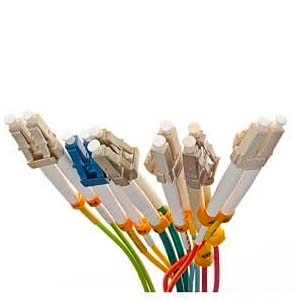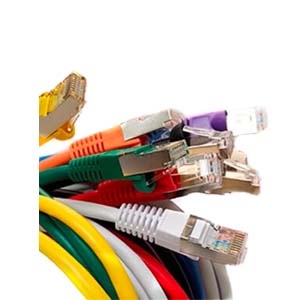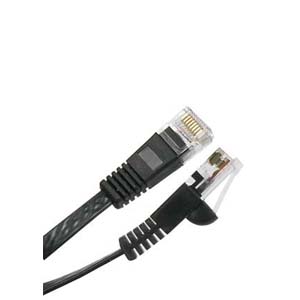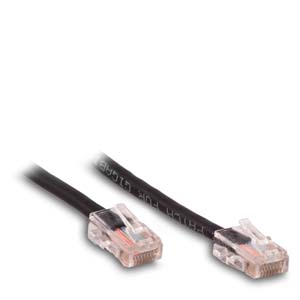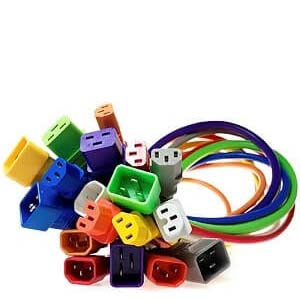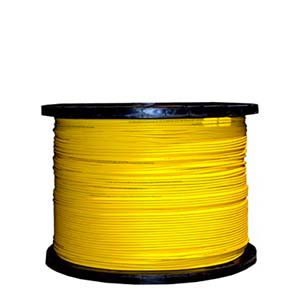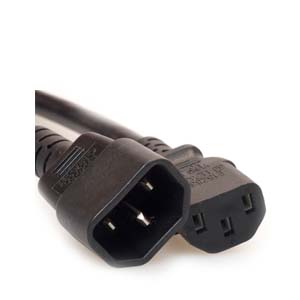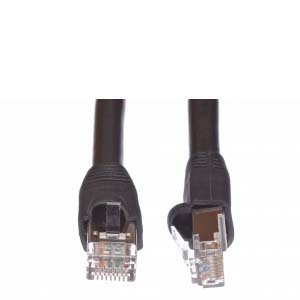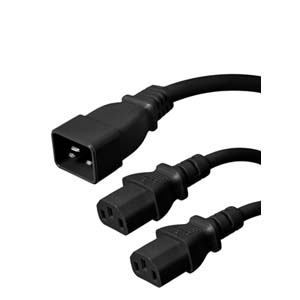Cables Blog
Advantages of Fiber Optic Cables Over Copper Cables
Setting up a network requires many decisions, including what kind of cabling to use. Consider the advantages of fiber optic cables over copper cables.
by VIKAS DAYAL • February 18, 2020
Cables.com, Cat5e / Cat6 Cables, Custom Fiber Optic Cables, Data Center, Fiber Optic Cables, Network Patch Cables, VAR

The ongoing evolution of network cables gives IT professionals and home users alike choices about how to connect to their ISP and how to connect devices within their business building or home. Copper cable was the standard for many years, but consider the advantages of fiber optic cables over copper.
Speed
Fiber optic cable sends signals via light through a glass strand. These light signals travel much faster than the electrical pulse that moves along copper cabling. Overall, the pulses of light that travel along fiber optic cable move at about 70 percent of the speed of light, far faster than the speed of electrons that travel along copper cabling.
Less Noise, Stronger Signal
Because their “core” is made of glass, fiber optic cable is immune to the kind of electromagnetic interference that can cause “cross-talk” or “noise” in copper wires. Power lines and appliances won’t affect a signal traveling through fiber optic cable. Additionally, fiber optic cable experiences less “attenuation,” or signal degradation, and can carry full signals a much greater distance before requiring amplification.
Bandwidth
Fiber optic cable can carry far more data all at once than copper—in the area of 100 Gbps compared to 10 Gbps—making it the better choice for high-demand networks using a lot of streaming, online conferencing, large file sharing or downloads, and cloud services. Recent innovations and experiments have pushed as much as 500 Gbps.
Distance
Single-mode fiber optic cable can carry signals at full strength up to 50 kilometers (just over 31 miles) before needing a signal repeater. Copper cable needs help after only five kilometers.
Security
Bad actors can’t tap fiber optic cables without destroying the connection. Attempts to interfere with fiber optic cable to steal data are inherently futile, because the only way to try it is to cut the cable.
Size and Weight
Fiber optic cables are lighter and thinner than copper wires, a great advantage for data centers that need lots of cabling in smaller spaces.
Future Proofing
Fiber optic cables can carry so much data that even as bandwidth needs expand, fiber optic cabling can handle it. And while fiber optic cable can be fragile, glass fibers won’t corrode. Managed well, fiber optic cable has many advantages over copper cabling.
If you’re setting up a new network or expanding an existing one, you can buy cables online that will meet your networking needs.


